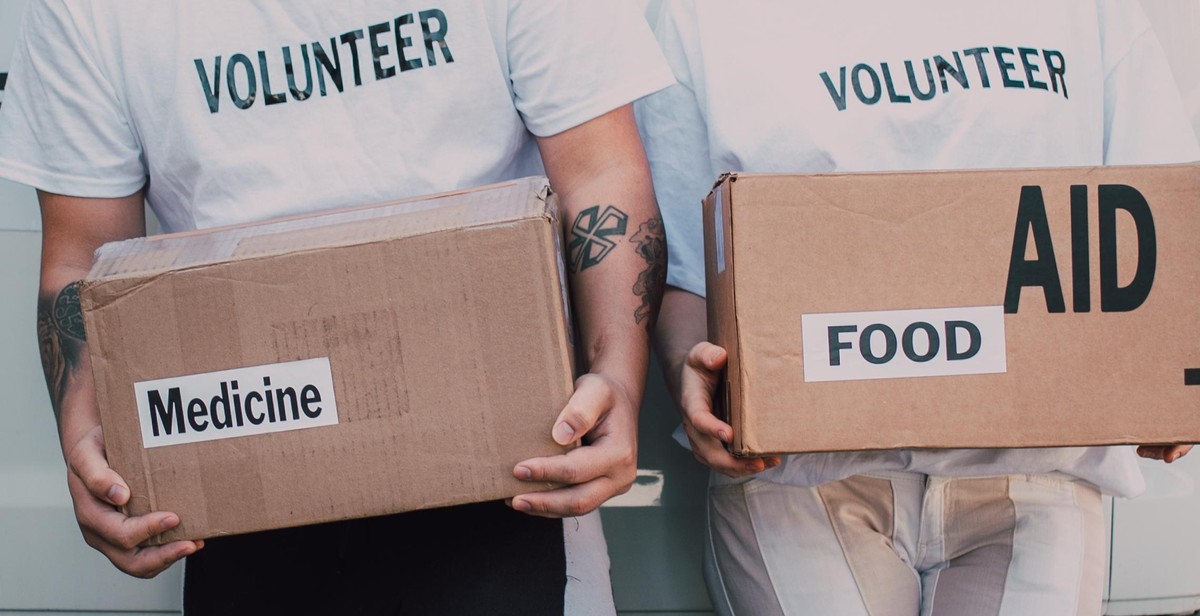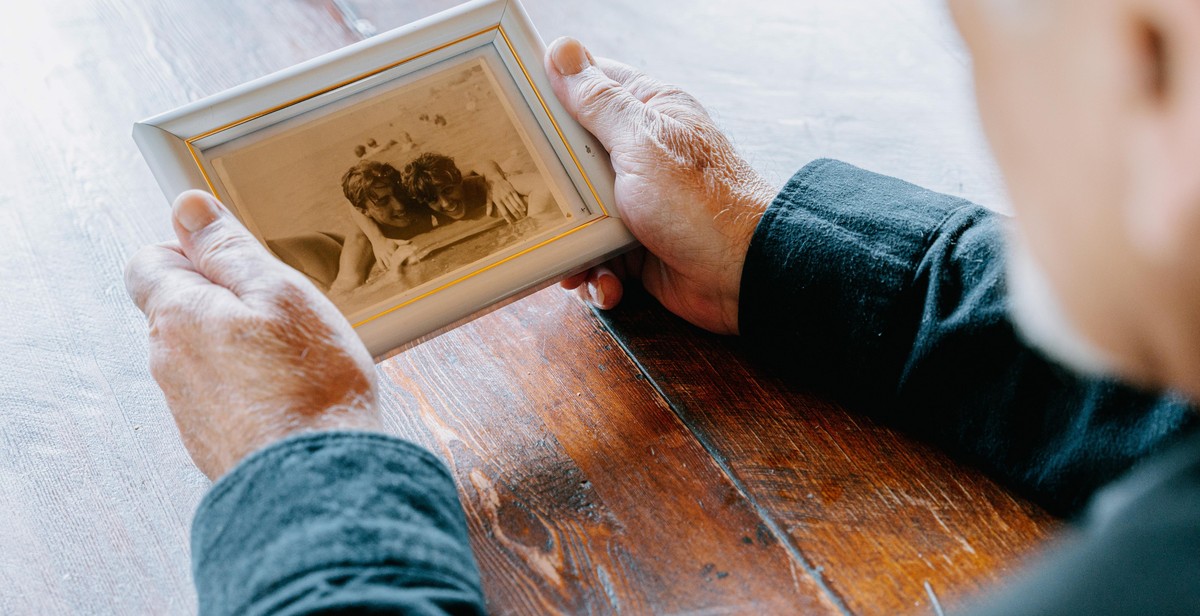Survivor’s Guilt: Understanding and Coping with This Complex Emotion
Survivor’s guilt is a complex emotion that many people experience after surviving a traumatic event that others did not survive. It is a feeling of guilt and shame that can be overwhelming and difficult to cope with. As a professional writer and content creator, I have seen how survivor’s guilt can impact people’s lives and mental health.
Survivor’s guilt is often associated with war veterans, but it can also affect those who have survived natural disasters, accidents, and other traumatic events. It is a common symptom of post-traumatic stress disorder (PTSD) and can lead to depression, anxiety, and other mental health issues if not addressed.
The Causes of Survivor’s Guilt
Survivor’s guilt can be caused by a variety of factors. For example, if someone survives a car accident in which others died, they may feel guilty for being the only one who survived. Similarly, soldiers who survive combat while their comrades do not may feel guilty for not being able to save them.
Sometimes survivor’s guilt can also be caused by a sense of responsibility or obligation to those who did not survive. For example, a survivor of a school shooting may feel guilty for not being able to protect their classmates.
Coping with Survivor’s Guilt
It is important to seek help if you are experiencing survivor’s guilt. Talking to a therapist or counselor can help you process your feelings and develop coping strategies. Additionally, participating in support groups or connecting with others who have experienced similar events can be helpful.
Self-care is also important when coping with survivor’s guilt. This can include practicing mindfulness, exercising, and engaging in activities that bring you joy. It is important to remember that survivor’s guilt is a normal reaction to trauma and that it is possible to find healing and peace.

What is Survivor’s Guilt?
Survivor’s guilt is a psychological condition that occurs when a person has survived a traumatic event while others did not. It is a complex emotion that can cause feelings of guilt, shame, and remorse. It is common among individuals who have survived natural disasters, accidents, wars, and violent crimes.
Survivor’s guilt can manifest in different ways, and the severity of the condition varies from person to person. Some individuals may experience mild symptoms, while others may struggle with severe symptoms that affect their daily lives.
Defining Survivor’s Guilt
Survivor’s guilt is a form of post-traumatic stress disorder (PTSD) that occurs when a person feels guilty for surviving a traumatic event. It is a common reaction to traumatic events, and it can affect anyone who has experienced a traumatic event.
Survivor’s guilt can cause a person to question why they survived when others did not. They may feel guilty for not doing more to help others or for not being able to prevent the traumatic event from happening. They may also feel like they do not deserve to be alive or that they should have died instead of someone else.
Examples of Survivor’s Guilt
Survivor’s guilt can occur in various situations. Some examples of survivor’s guilt include:
- A soldier who survived a battle while their comrades did not
- A survivor of a natural disaster who feels guilty for surviving while others did not
- A survivor of a car accident who feels guilty for causing the accident or for not being able to save the other passengers in the car
- A survivor of a school shooting who feels guilty for not being able to save their classmates or for not being shot themselves
Survivor’s guilt can be a challenging emotion to cope with, and it can have a significant impact on a person’s mental health. It is essential to seek professional help if you are struggling with survivor’s guilt.

Causes of Survivor’s Guilt
Survivor’s guilt is a complex emotion that can arise after surviving a traumatic event. It is often characterized by feelings of guilt, shame, and remorse for having survived when others did not. There are several causes of survivor’s guilt, including:
Surviving a Traumatic Event
Survivor’s guilt can be caused by surviving a traumatic event, such as a natural disaster, terrorist attack, or war. When individuals survive such an event, they may feel guilty for having lived while others did not. They may also feel guilty for not being able to help others who were injured or killed.
Feeling Responsibility for the Event
Survivor’s guilt can also be caused by feeling responsible for the event that led to the loss of others. For example, a survivor of a car accident may feel guilty for having been driving the car that caused the accident. They may feel that they could have done something differently to prevent the accident from happening.
Comparing Yourself to Others Who Did Not Survive
Survivor’s guilt can also be caused by comparing oneself to others who did not survive the traumatic event. Survivors may feel that they are not worthy of having survived when others who were more deserving did not. They may also feel that they did not suffer as much as those who did not survive.
Overall, survivor’s guilt is a complex emotion that can be caused by a variety of factors. It is important for survivors to understand that their feelings are normal and that they are not alone in their struggles. Seeking support from loved ones or a mental health professional can be helpful in coping with survivor’s guilt.

Symptoms of Survivor’s Guilt
Survivor’s guilt is a complex emotion that can manifest in a variety of ways. It is common for individuals who have survived a traumatic event or tragedy to experience feelings of guilt and remorse for having survived when others did not. Here are some of the emotional and behavioral symptoms of survivor’s guilt:
Emotional Symptoms
- Anxiety: Survivors may feel anxious or fearful about the future, worrying that something bad will happen to them or their loved ones.
- Depression: Survivors may feel sad, hopeless, or worthless, and may struggle with feelings of guilt or shame.
- Grief: Survivors may experience intense feelings of sadness or grief, particularly if they have lost someone close to them.
- Anger: Survivors may feel angry or resentful towards themselves or others for having survived, or for not being able to prevent the tragedy.
- Self-blame: Survivors may blame themselves for not doing enough to prevent the tragedy or for not being able to save others.
Behavioral Symptoms
- Isolation: Survivors may withdraw from social activities or isolate themselves from others, feeling that they do not deserve to be happy or enjoy life.
- Self-destructive behavior: Survivors may engage in risky or self-destructive behavior, such as substance abuse or reckless driving, as a way to cope with their feelings.
- Obsessive thoughts: Survivors may have intrusive thoughts or memories of the traumatic event, and may obsessively replay the events in their mind.
- Sleep disturbances: Survivors may have trouble sleeping, experiencing nightmares or insomnia as a result of their feelings of guilt and anxiety.
- Physical symptoms: Survivors may experience physical symptoms such as headaches, stomachaches, or muscle tension as a result of their emotional distress.
| Note: | It is important to note that not everyone who experiences a traumatic event will develop survivor’s guilt, and that the symptoms may vary from person to person. |

Coping with Survivor’s Guilt
Survivor’s guilt is a complex emotion that can be challenging to overcome. However, there are strategies and techniques that can help you manage this feeling and move forward. Here are some coping mechanisms that may help:
Seeking Therapy
Therapy can be an effective way to work through survivor’s guilt. A therapist can help you identify the root causes of your guilt and provide you with tools to manage it. They can also help you develop coping strategies and provide a safe space for you to explore your emotions.
Self-Care Strategies
Self-care is crucial when coping with survivor’s guilt. Taking care of yourself physically and mentally can help you manage your emotions and reduce stress. Some self-care strategies include:
- Engage in regular exercise
- Eat a balanced diet
- Get enough sleep
- Practice mindfulness and meditation
- Engage in activities that bring you joy
Connecting with Others
Connecting with others who have experienced similar feelings can be helpful. Support groups and peer counseling can provide a safe and understanding environment for you to discuss your emotions. Additionally, spending time with loved ones and strengthening relationships can help you feel less isolated and more supported.
| Do’s | Dont’s |
|---|---|
|
|
While coping with survivor’s guilt can be challenging, it’s important to remember that it’s a normal response to a traumatic event. With time, support, and the right tools, it’s possible to manage this complex emotion and move forward.

Conclusion
Survivor’s guilt is a complex emotion that can arise in individuals who have survived a traumatic event while others did not. It is characterized by feelings of guilt, shame, and a sense of unworthiness. Coping with survivor’s guilt can be challenging, but it is possible with the right support and resources.
Understanding the Causes of Survivor’s Guilt
Survivor’s guilt can be caused by a variety of factors, including:
- Being in a position of power or privilege
- Having a close relationship with those who did not survive
- Feeling like one could have done more to prevent the tragedy
It is important to understand that survivor’s guilt is a common reaction to trauma and is not a sign of weakness or failure.
Coping with Survivor’s Guilt
There are several strategies that can help individuals cope with survivor’s guilt, including:
- Seeking therapy or counseling
- Connecting with other survivors
- Practicing self-care and self-compassion
- Engaging in activities that bring joy and meaning
It is important to remember that healing takes time, and there is no one-size-fits-all solution for coping with survivor’s guilt. However, with the right support and resources, it is possible to move forward and find a sense of peace and meaning in life.
Final Thoughts
Survivor’s guilt can be a difficult and overwhelming emotion to navigate, but it is important to remember that you are not alone. Seeking support and practicing self-care can help you cope with the complex feelings that come with surviving a traumatic event. Remember to be patient and kind to yourself as you navigate this challenging process.
